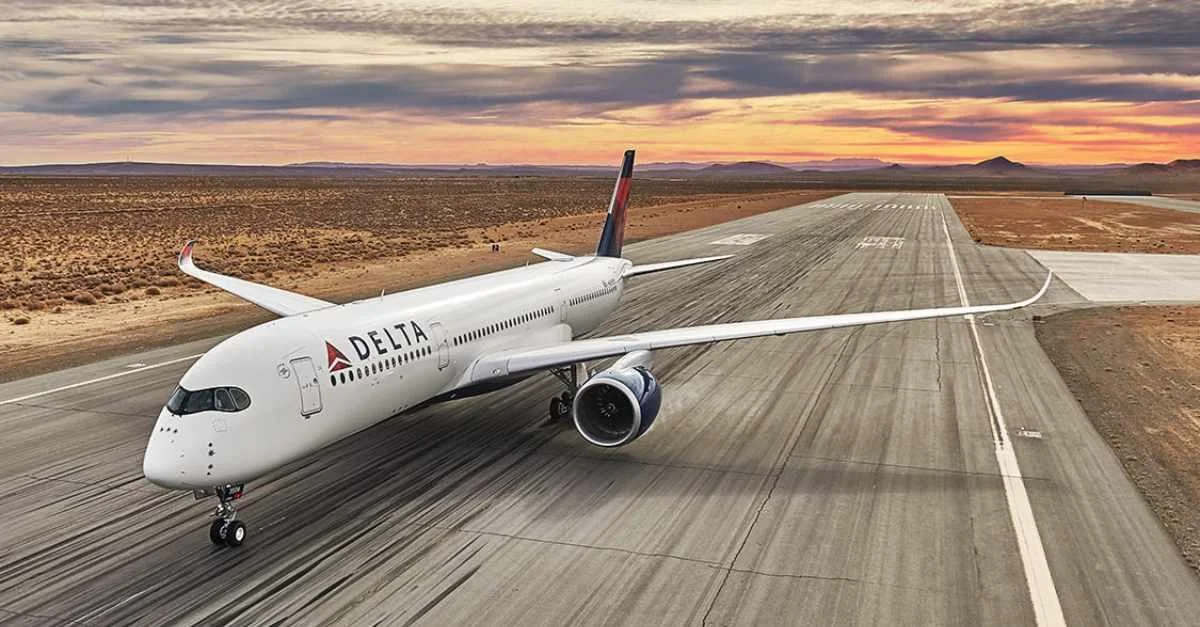Several factors have contributed to this decline, including China's weakening economy, stringent anti-corruption measures, and the impact of the COVID-19 pandemic. Meanwhile, other Asian nations such as India and Southeast Asia have benefited from continued wealth accumulation and economic expansion.
Over the past five years, China has experienced an economic slowdown amid population challenges and financial crises. Economic uncertainty, low GDP growth, and increased tension with Western trading partners have led wealthy individuals and companies to cut back on luxury expenses like private jets.
The collapse of China's real estate sector is also a major factor behind the decline in private aviation. The debt crisis faced by Chinese Evergrande Group in 2021 prompted high-net-worth individuals and companies to sell their fleets of aircraft to reduce costs and improve liquidity. Evergrande was one of the largest private jet owners in China; its asset liquidation had ripple effects across many real estate investment firms.
Additionally, China's anti-corruption campaign has impacted private jet purchases. Business jets are often seen as symbols of excessive wealth and are heavily scrutinized by the government. Many executives have opted for more discreet alternatives or relocated their assets to regions more accepting of business aviation.
The COVID-19 pandemic further accelerated the decline of China's private jet market. Stringent travel restrictions and reduced international business activity resulted in fewer corporate flights within China. While global private aviation boomed due to commercial air travel disruptions elsewhere, China's industry never returned to pre-pandemic levels.
As private jet numbers in China continue to decline, many jets have been relocated to other Asian markets such as Singapore and Japan. Singapore has emerged as a key destination due to its stable economy and favorable business environment. The number of business jets based in Singapore increased from .400 In .2020 To .2 ,000 In .2023
 Alerts Sign-up
Alerts Sign-up





































